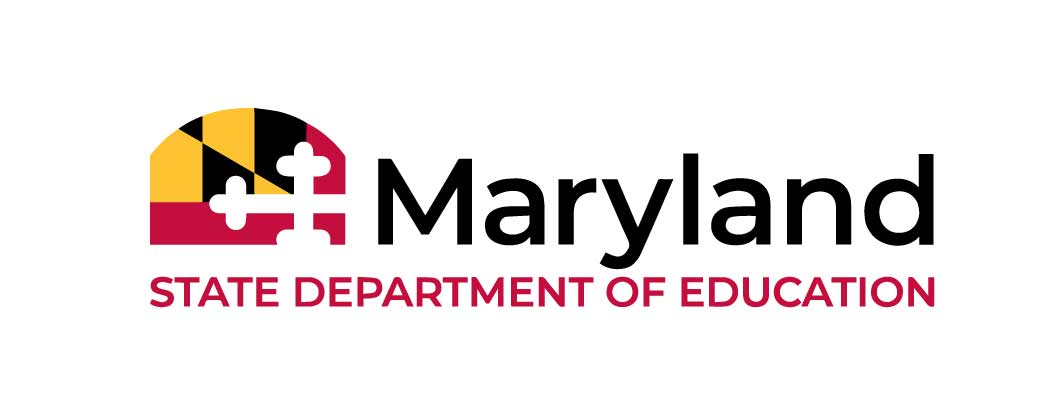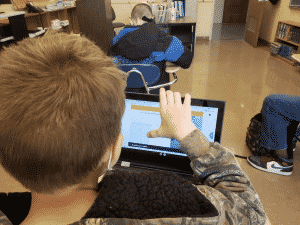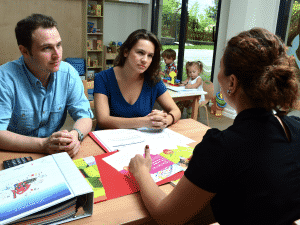Secondary Transition Assessment Toolkit

The Maryland Secondary Transition Assessment Toolkit contains resources and assessment tools to use with students for transition planning. Transition assessment should serve as the foundation to identify transition goals and determine transition services. These assessments facilitate a “planned, continuous process of gathering and organizing information on the student’s strengths, needs, preferences and interests in relation to the demands of current and future living, learning, and working environments” (Sitlington, Neubert, Begun, Lombard, & Leconte, 2007, p. 3).
All assessment data are used throughout the secondary transition planning process to develop a student-centered, comprehensive IEP for students ages 14-21. The process begins with a student interview that identifies the student’s preferences, interests and strengths in employment, education/training and independent living. Formal and informal assessments that include diagnostic, formative and summative assessments are used to obtain a complete picture of the student’s current knowledge, skills and needs related to his/her postsecondary goals to inform specially designed instruction and transition services. A combination of assessments should be used to accurately assess student strengths, limitations, and interests (Martin & McConnell, 2017). The systematic use of formal and informal assessments provides the foundation for developing postsecondary goals and annual IEP goals and services that support the student’s post-school goals (Clark, 2007). Secondary transition assessment is an ongoing and cyclical process of developing, implementing, and evaluating a comprehensive IEP that includes decision making based on data analysis of student progress toward transition services/activities and annual IEP goals written to address the postsecondary goals.
The assessments in this toolkit are organized into six areas: career, college, community, comprehensive, interest, and self-determination. Each section contains a list of assessment tools with a link to access them, a description, the recommended age group and how long the assessment should take. Each of the assessments included in this toolkit have been selected by transition professionals and piloted with students in Maryland. A section for informal and formal assessments is also included as a resource. We encourage you to use this toolkit as well as assessments from other sources to gather and organize information on your students to prepare them for a seamless transition from school to adult life.









